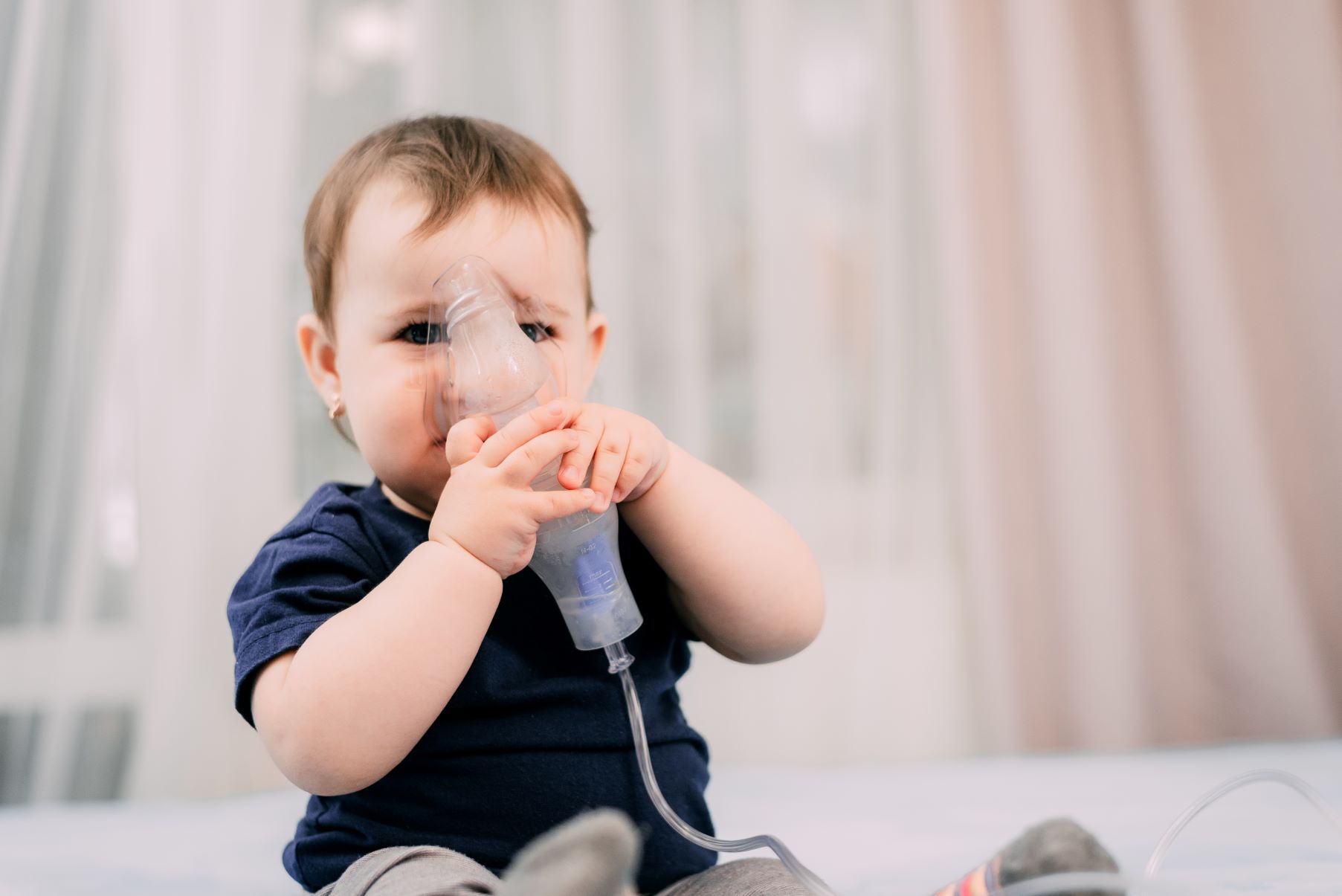The Challenge of Infant Respiratory Support
Approximately 1 in 10 infants require some form of respiratory support, with premature babies being particularly vulnerable. Traditional mechanical ventilation, while life-saving, can cause bronchopulmonary dysplasia (BPD) in up to 40% of very low birth weight infants. Ecopap's mechanical-free solution offers a gentler alternative.
Lung development stages in premature vs. full-term infants
How Our Infant Device Works
The Ecopap Infant Respiratory Support Device utilizes a patented flow-control mechanism that:
- Maintains optimal PEEP without electricity
- Automatically adjusts to the baby's breathing pattern
- Reduces barotrauma risk by 68% compared to traditional ventilators
- Enables easier skin-to-skin contact during therapy
Clinical Insight
In trials with infants <1500g, Ecopap reduced average NICU stay by 11.2 days compared to conventional ventilation.
Key Benefits for Neonatal Care
Improved Outcomes
42% reduction in BPD incidence in clinical trials at 28 weeks gestational age
NICU Integration
Seamless compatibility with existing incubators and warmers
Staff Approved
94% of NICU nurses reported easier use compared to conventional CPAP
"For the first time, we can provide effective respiratory support without tethering fragile neonates to complex machinery. This changes everything."
Implementation Case Studies
Three hospitals share their experiences transitioning to Ecopap's infant respiratory support:
Boston General NICU
Reduced ventilator-associated pneumonia by 37% in first 6 months
Texas Children's Hospital
Increased parental bonding time by 2.7 hours/day per infant
Rural Health Clinic Network
Enabled level-appropriate respiratory care in 12 underserved locations
Discussion (4)
Leave a Comment
Transform Your Neonatal Respiratory Care
Schedule a consultation with our neonatal specialists to evaluate Ecopap for your NICU.



Dr. Michael Reynolds
May 17, 2025Excellent article! We've been testing Ecopap devices in our NICU and the results have been remarkable. The reduction in ventilator-associated complications is particularly impressive.
Dr. Sarah Chen
May 18, 2025Thank you, Dr. Reynolds! We'd love to feature your clinical findings in a future case study if you're interested.
Jennifer K. - NP
May 16, 2025How does the mechanical-free PEEP compare to traditional CPAP in terms of patient comfort? I'm particularly interested in the pediatric applications.